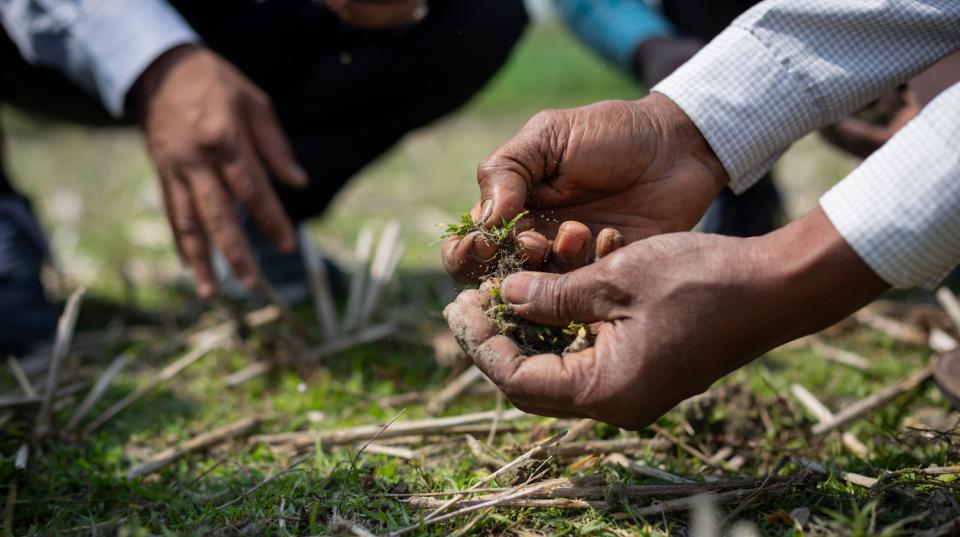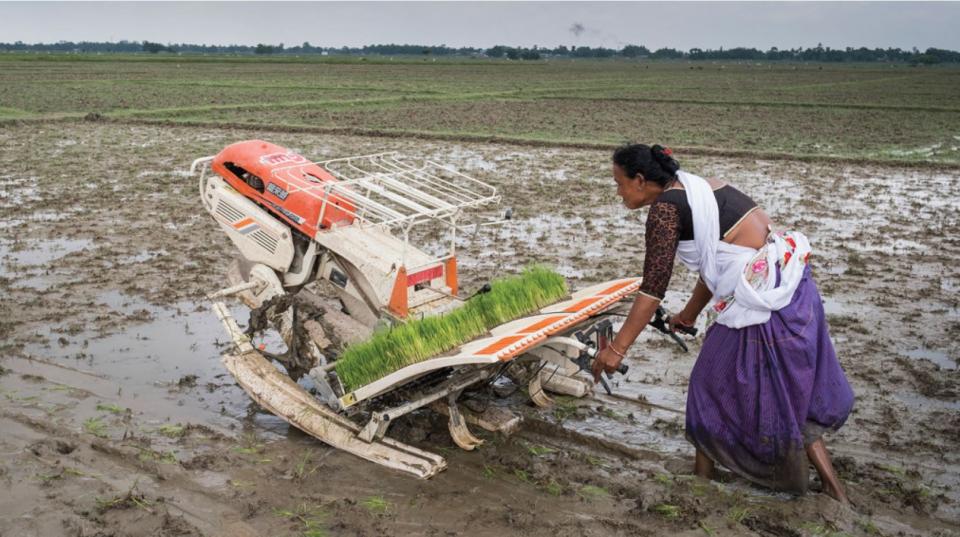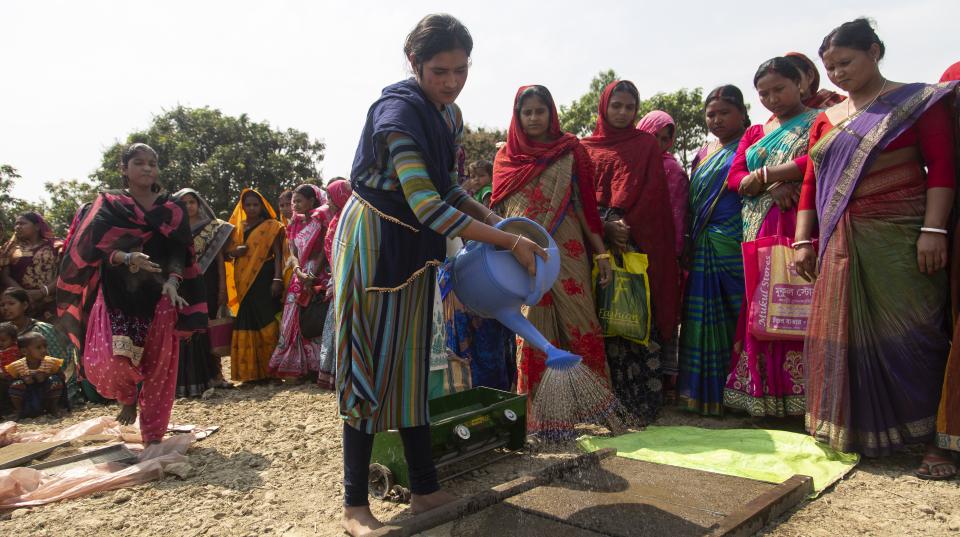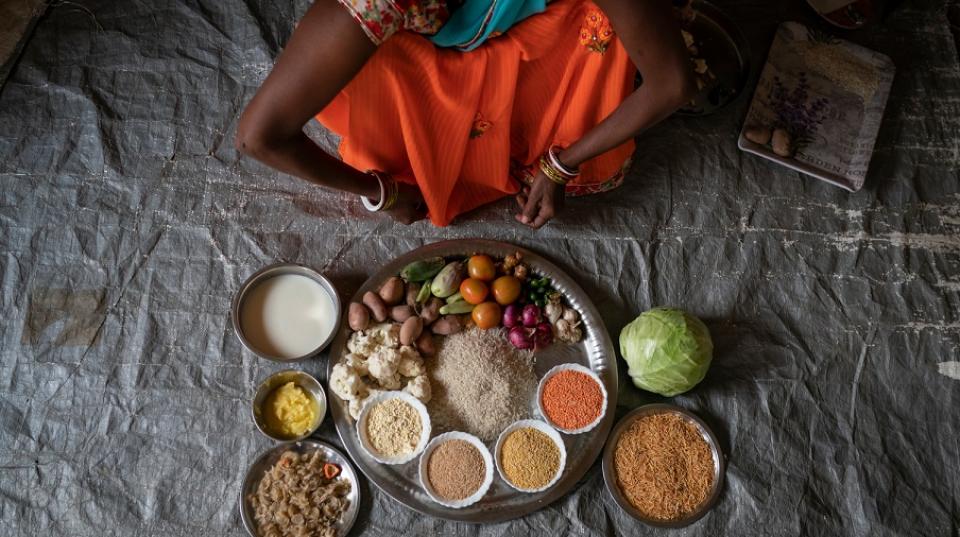Overview
This project aimed to improve understanding on the response of men and women farmers to changing weed dynamics due to Conservation Agriculture-based Sustainable Intensification (CASI) adoption in the Eastern Gangetic Plains (EGP) of South Asia.
CASI is an umbrella term used to identify a series of crop management practices based on minimal soil movement through zero or reduced tillage, in situ crop residue retention, and crop rotation. CASI practices enhance biodiversity and biological processes inside and outside of the soil, contributing to maintaining soil quality, water use efficiency, and sustaining crop production. It is a proven technology for climate variability resilience due to the higher soil infiltration that minimizes the impacts of flooding and erosion (Hobbs et al., 2008).
The implementation of CASI systems in the EGP has formed a key part of ACIAR’s Sustainable and Resilient Farming System Intensification (SRFSI) and other projects, and has demonstrated a great potential to increase farm system productivity and profitability, and resource savings of labour, water, energy, and production cost through CASI practices in the EGP (SRFSI, 2018).
This project is part of the DFAT/ACIAR-funded Sustainable Development Investment Portfolio (SDIP) program.
Project outcomes
- Providing farmers’ perspectives on CASI for agricultural research and development professionals and decision makers working to improve livelihoods of farm families in the region through equitable and sustainable intensification of agriculture.
- Collecting quantitative and qualitative primary data on farmers’ practical knowledge and experience and the gendered implications for weed management under CASI implementation. Which will be applicable to evidence-based planning in the region, as well as serve as resource for other similar areas.
- Producing a scientific publication on farmers’ knowledge, attitude, practices, and intra-household decision-making for CASI implementation, with focus on the changing weed dynamics, inputs demand, labour use and household resource mobilisation.
- Releasing policy recommendations outlining the synthesis and implications of gendered decision-making on weed management, changing household resource mobilisation, and knowledge, attitude and practices for equitable and sustainable intensification.







